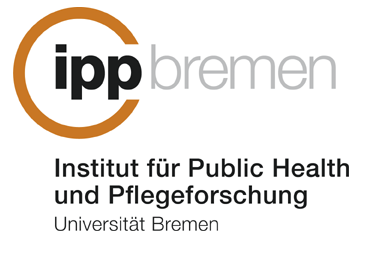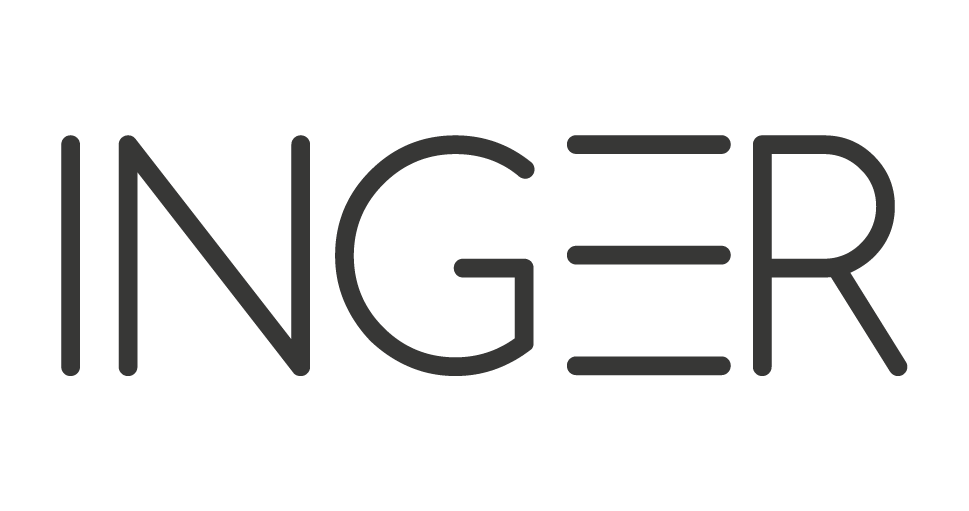University of Bremen

Prof. Dr. Gabriele Bolte, MPH, is an expert in epidemiology and public health research with a background in theoretical medicine. Since 2013 she is Professor for Social Epidemiology at the University of Bremen with research at the interface of environmental and social epidemiology on environmental justice and equity impact assessment of public health interventions. One research focus is on integration of sex/gender from an intersectionality perspective into quantitative health research. She has comprehensive experience in conception, execution, and analysis of public health, especially epidemiological, studies. Amongst others she led 2015 - 2017 an interdisciplinary research network on gender, environment and health (GeUmGe-NET). Within the collaborative research project AdvanceGender on sex/gender-sensitive population-based health research and health reporting (2017 - 2021) she is responsible for the subproject AdvanceDataAnalysis. Since 2002 she is head of the area women- and gender-specific health research within the German Association for Social Medicine and Prevention (DGSMP). She provides advice on environmental health inequalities as invited external expert of the WHO European Centre for Environment and Health since 2009. For 2016 to 2020 she was called into the Committee “Environmental Medicine and Public Health” of the Federal Ministry of Health at the Robert Koch-Institute in collaboration with the German Environment Agency (UBA). Since 2018 she is member of the Expert Group “Environment” of the German National Cohort (NAKO).
Dr. Lisa Dandolo holds a master in neurocognitive psychology (University of Oldenburg) and a doctorate in cognitive psychology (University of Hamburg). She joined the University of Bremen as a scientist for the INGER-project in January 2019. She has experience in the field of statistics and multivariate data analysis.
Christina Hartig has a Master’s degree in epidemiology (M.Sc.). In November 2020 she joined the University of Bremen as a scientist to support the INGER project.
Sophie Horstmann has a Master’s degree in epidemiology (M.Sc.). In May 2020 she joined the University of Bremen as a scientist. Her research focuses particularly on the integration of sex/gender diversity in health research.

